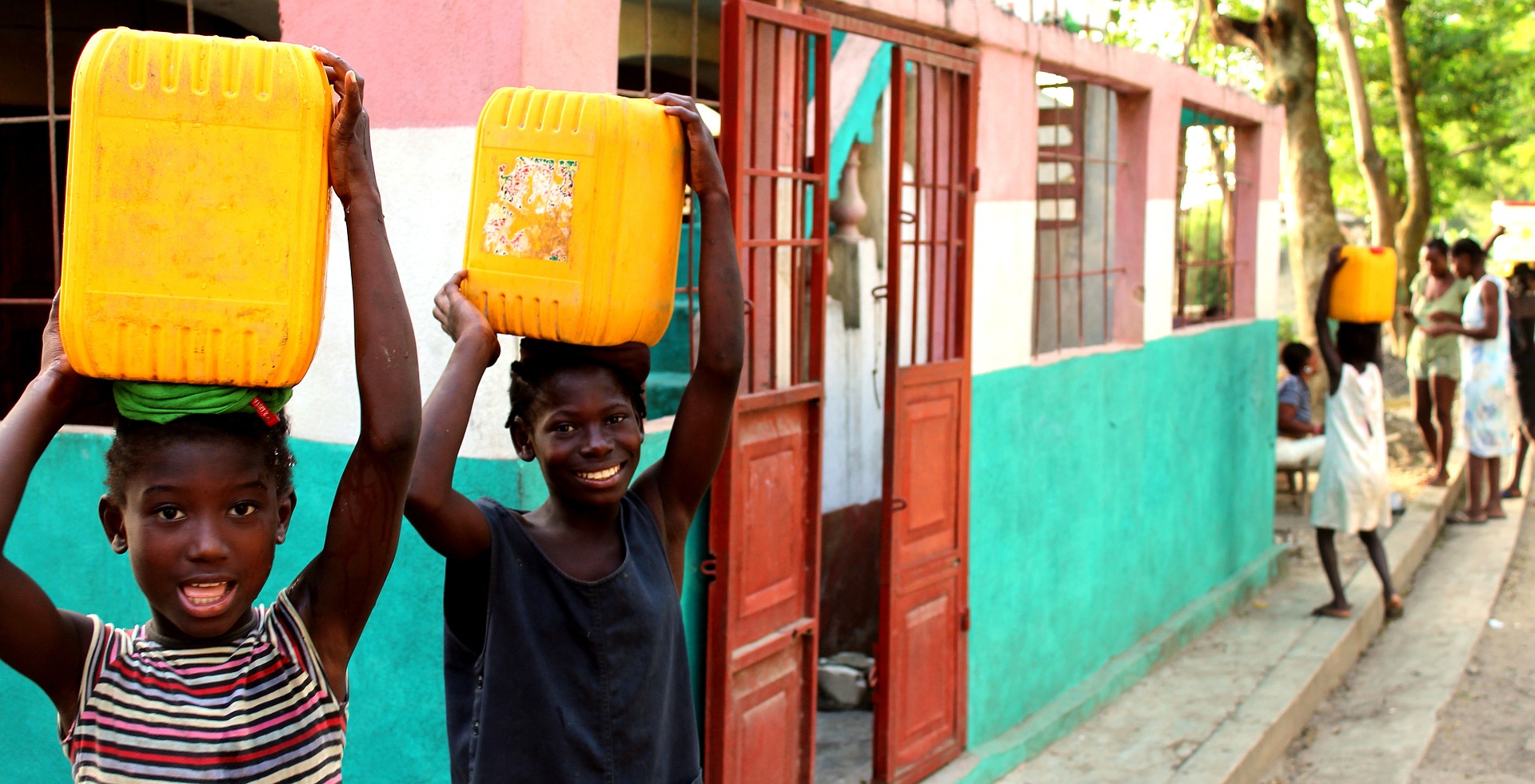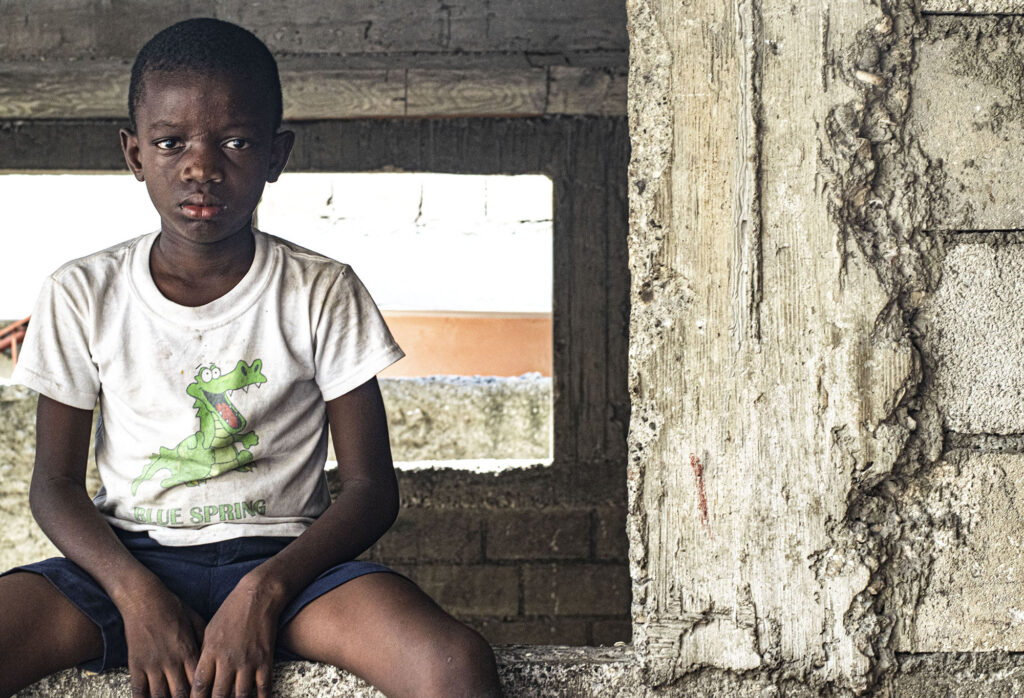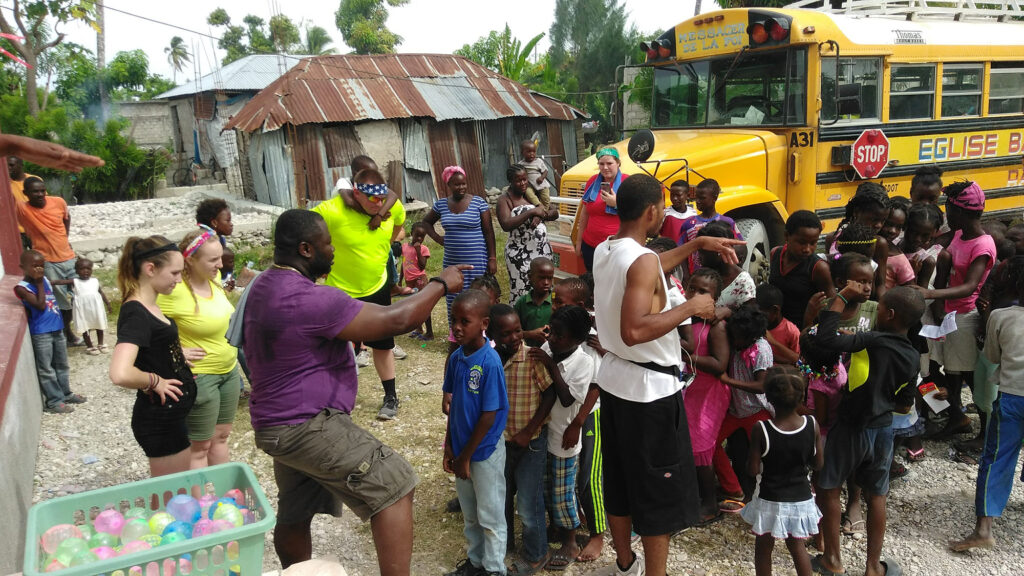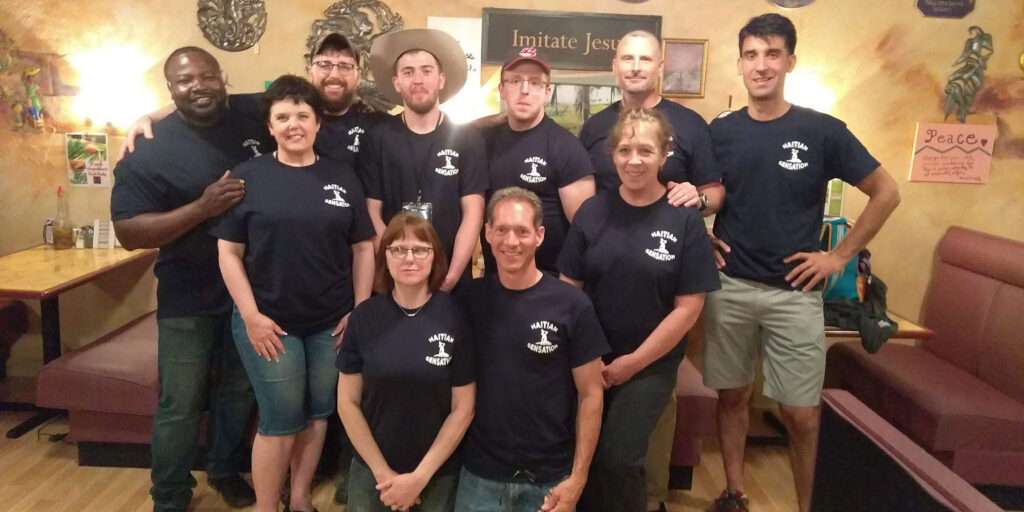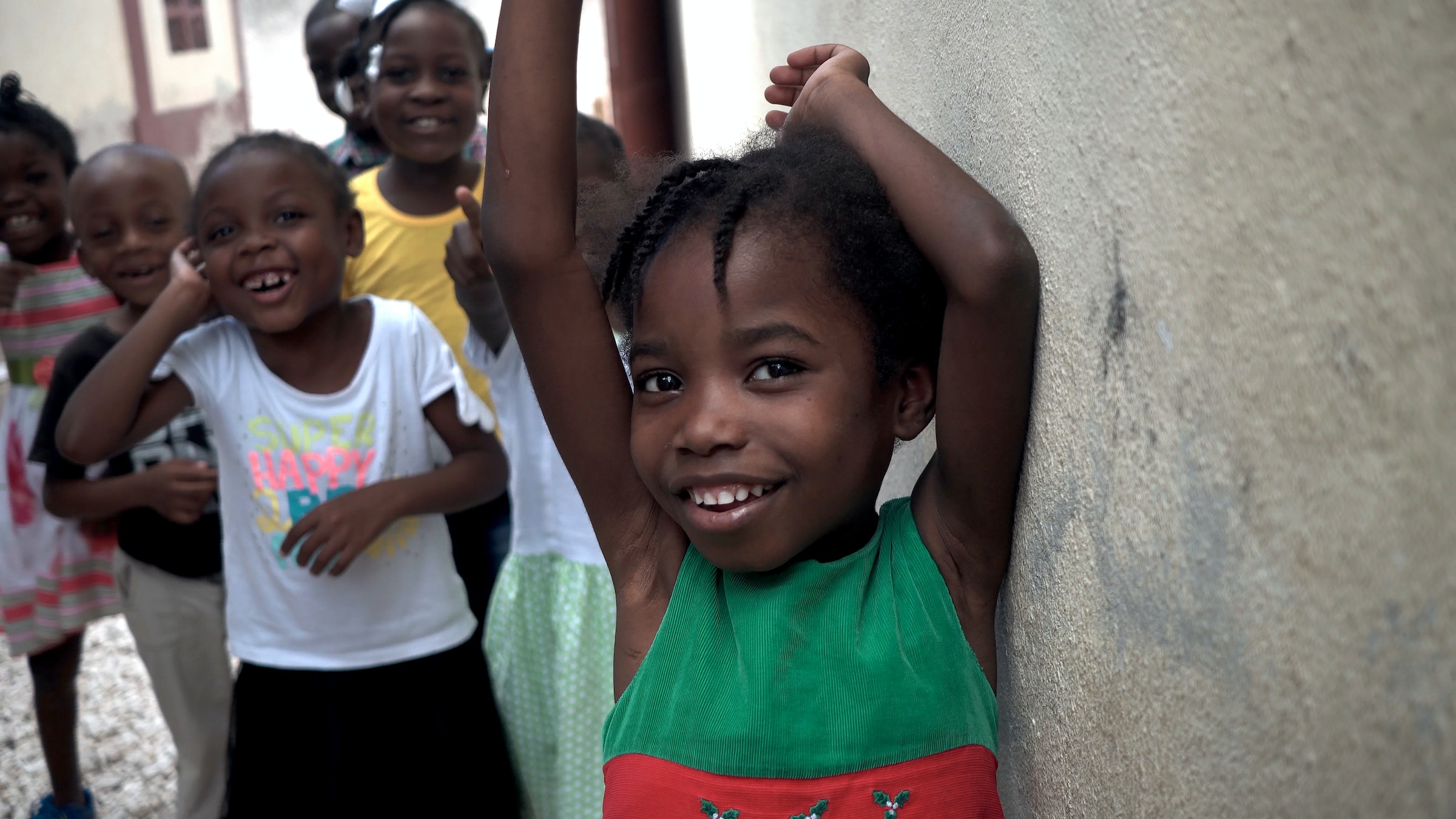Haiti's Water Crisis
From Wells to Wellness
Haiti faces the harshest water crisis in the Western Hemisphere, leading to severe health, mental, and societal repercussions. Through a deep exploration of the profound disparities in water access and its toll on human well-being, we spotlight the transformative potential of wells.

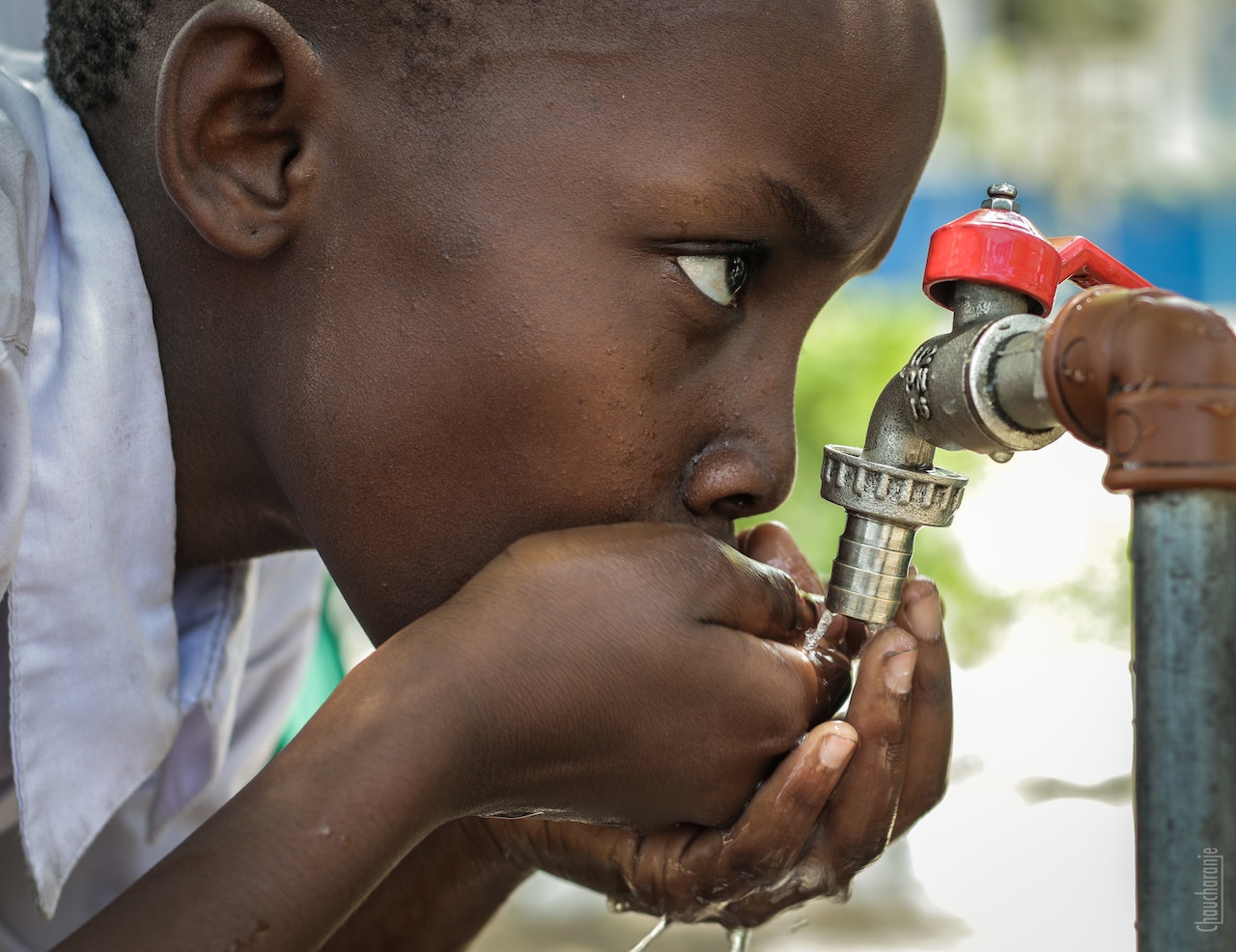
A Thirst Unquenched
Haiti stands out in ways it wishes it didn't. For example, Haiti is the poorest country in the entire western hemisphere (opens in new tab). While it boasts stunning natural beauty and a rich cultural heritage, it also bears the burden of being the country where its citizens have the lowest rates of access to clean water (opens in new tab) . Dive deeper into sanitation, and the numbers are even more alarming: merely 17% of Haitians can access proper toilets (opens in new tab) . Comparing this to the rest of Latin America and the Caribbean, where an average of 80% have such access, the discrepancy becomes jarringly clear.
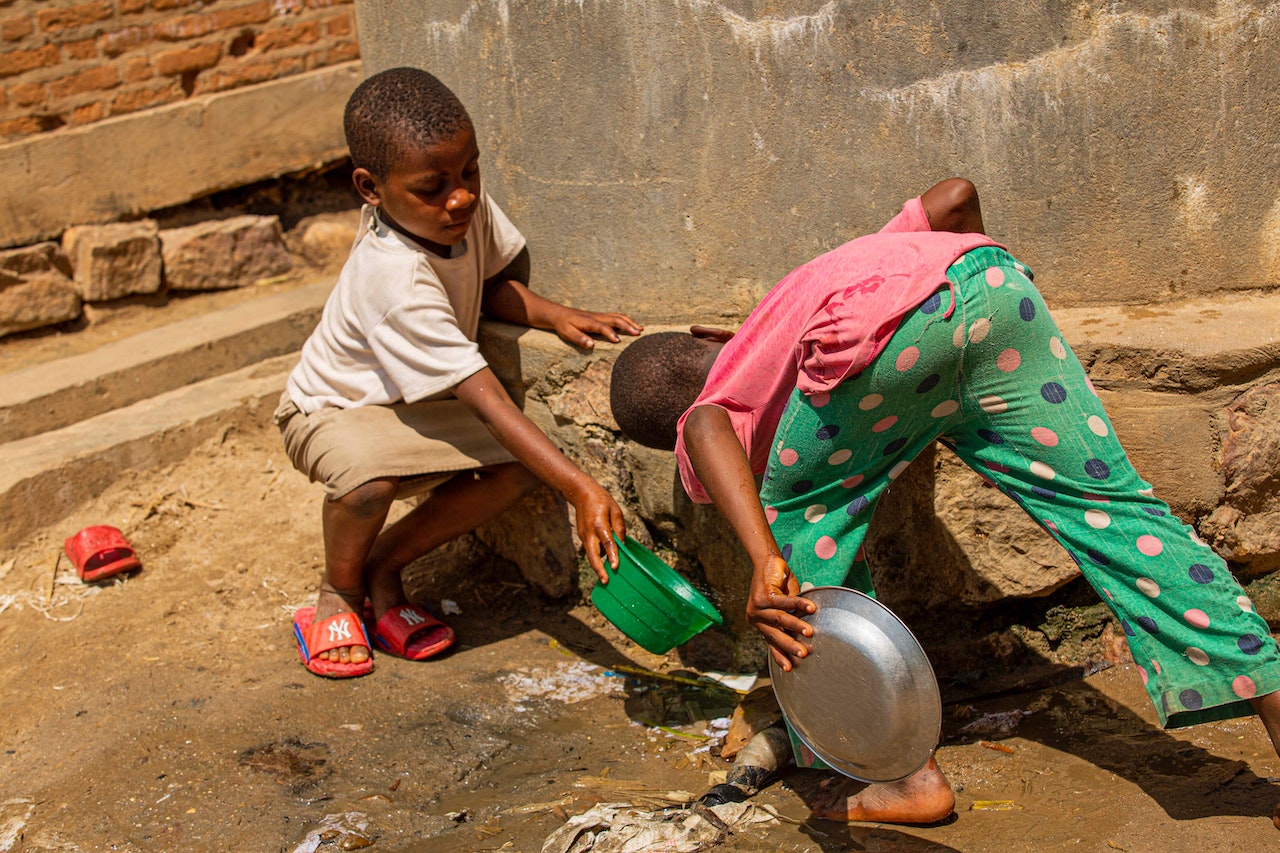
Haiti has the worst access to clean water in the Western world.
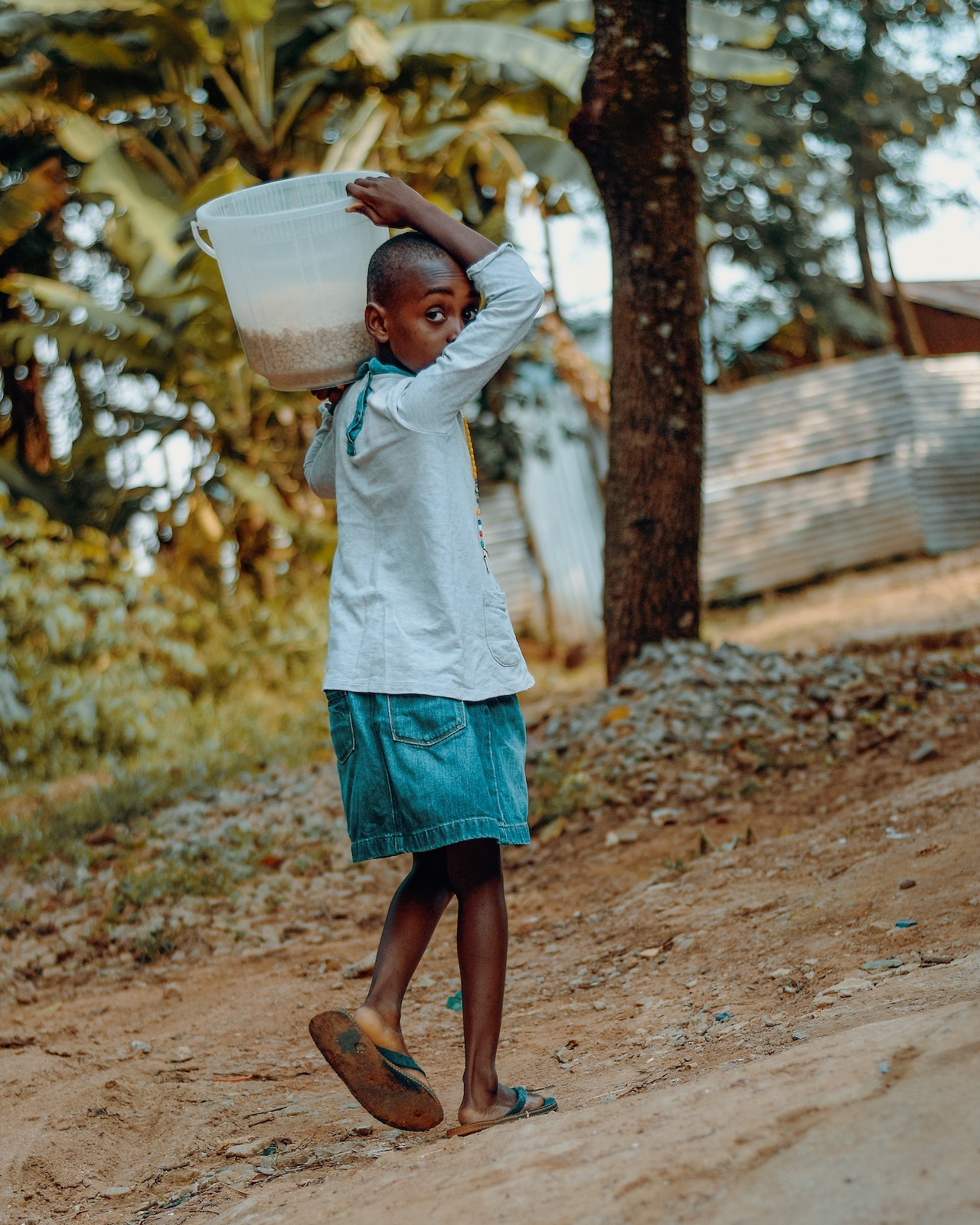
The Cost of Water Insecurity
These numbers aren't just measured in percentages; it's counted in human suffering. Poverty's grip is more than just financial; the daily struggles of obtaining clean water, suitable sanitation, and adequate nutrition introduce constant stress. This, coupled with the multidimensional consequences of water insecurity, amplifies the mental health crisis. When water becomes a luxury, its absence not only affects physical health but also significantly deteriorates mental well-being, leading to heightened anxiety and depression (opens in new tab) .
The absence of clean drinking water doesn't just pose a challenge to hydration but also opens a floodgate to a plethora of waterborne diseases. One of the most notorious of these is cholera, a severe diarrheal illness caused by bacteria that thrive in contaminated water sources. When individuals consume this tainted water, they become vulnerable to the rapid onset of cholera symptoms, which can lead to severe dehydration and even death (opens in new tab) if not treated promptly. Furthermore, the disease can spread like wildfire in communities without proper sanitation facilities, turning a basic necessity like water into a potential harbinger of illness.
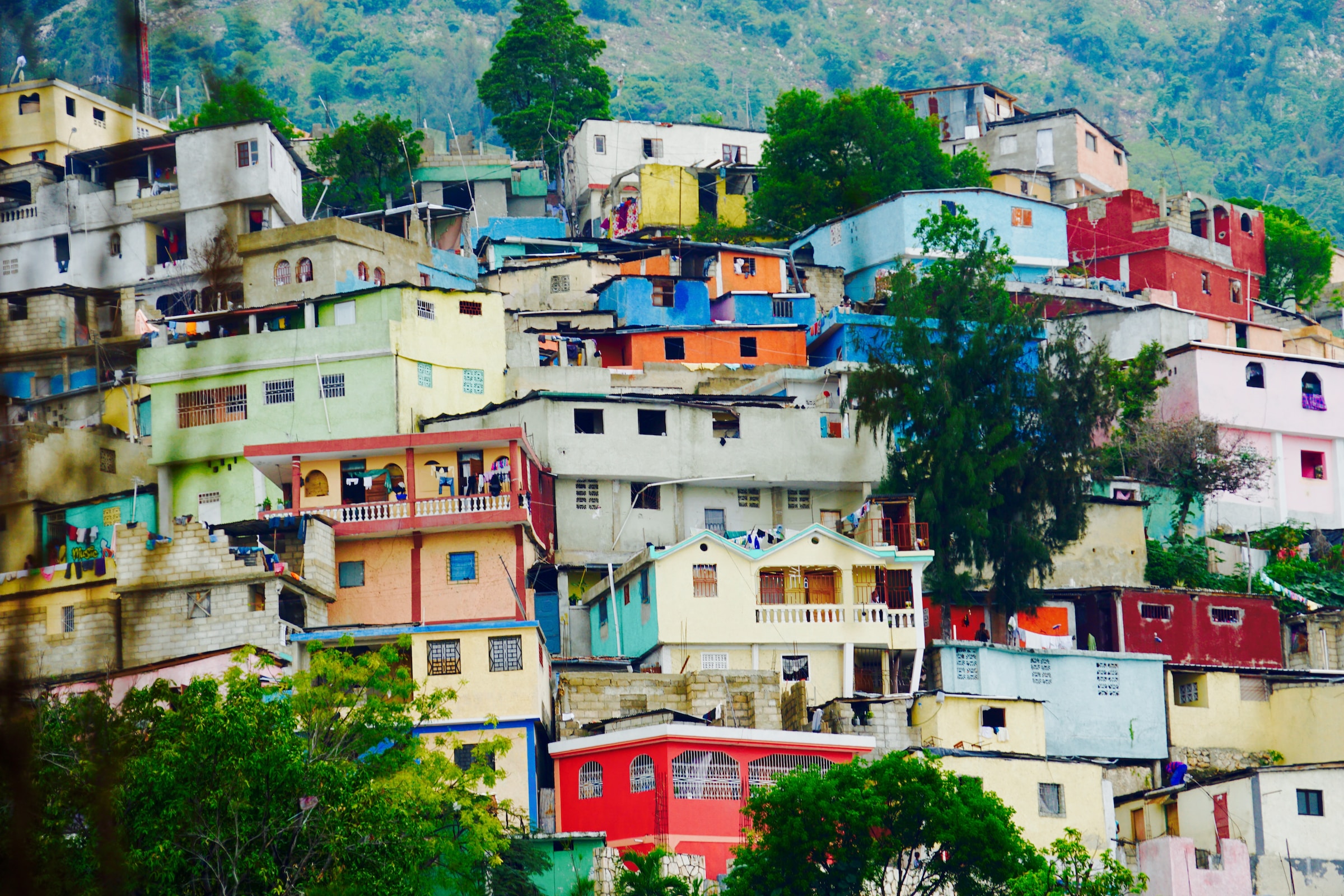
The Urban / Rural Divide
Access to clean water in Haiti is far from uniform. The divide between urban and rural areas is striking. In urban regions, most residents rely on municipal water sources or private purchases for their daily water needs. These sources, while not perfect, generally provide relatively better quality water.
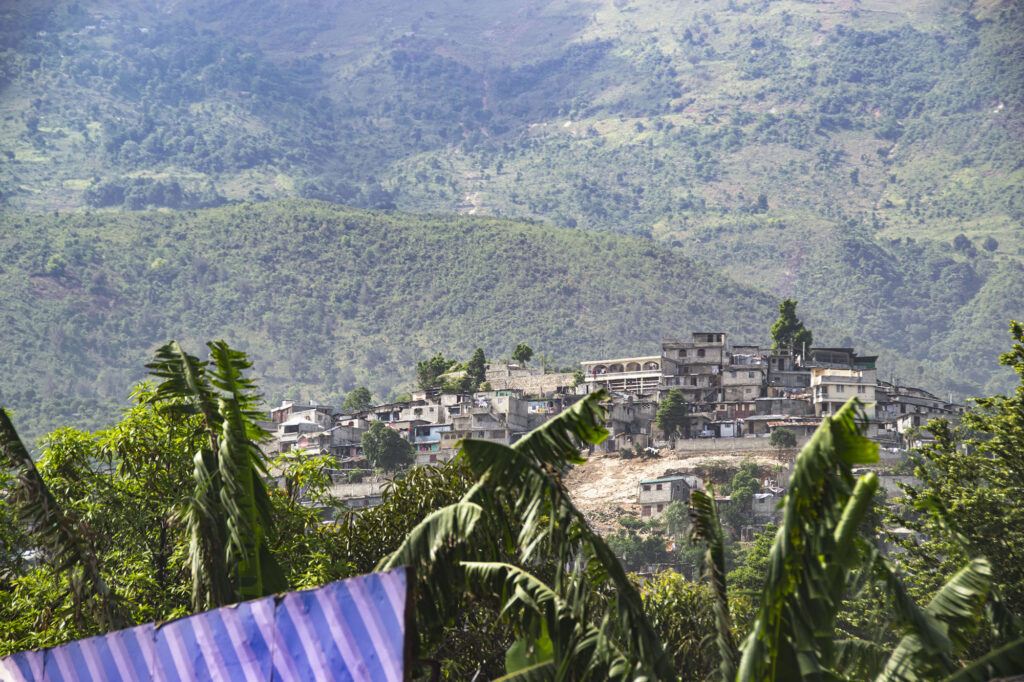
However, the story takes a different turn in rural areas. Here, open sources are the most common water supply, presenting significant challenges. These open sources often lack proper protection, leading to contamination (opens in new tab) and making the water unsafe to drink. This urban-rural gap in water access underscores the pressing need for targeted solutions that address the specific challenges faced by both settings.
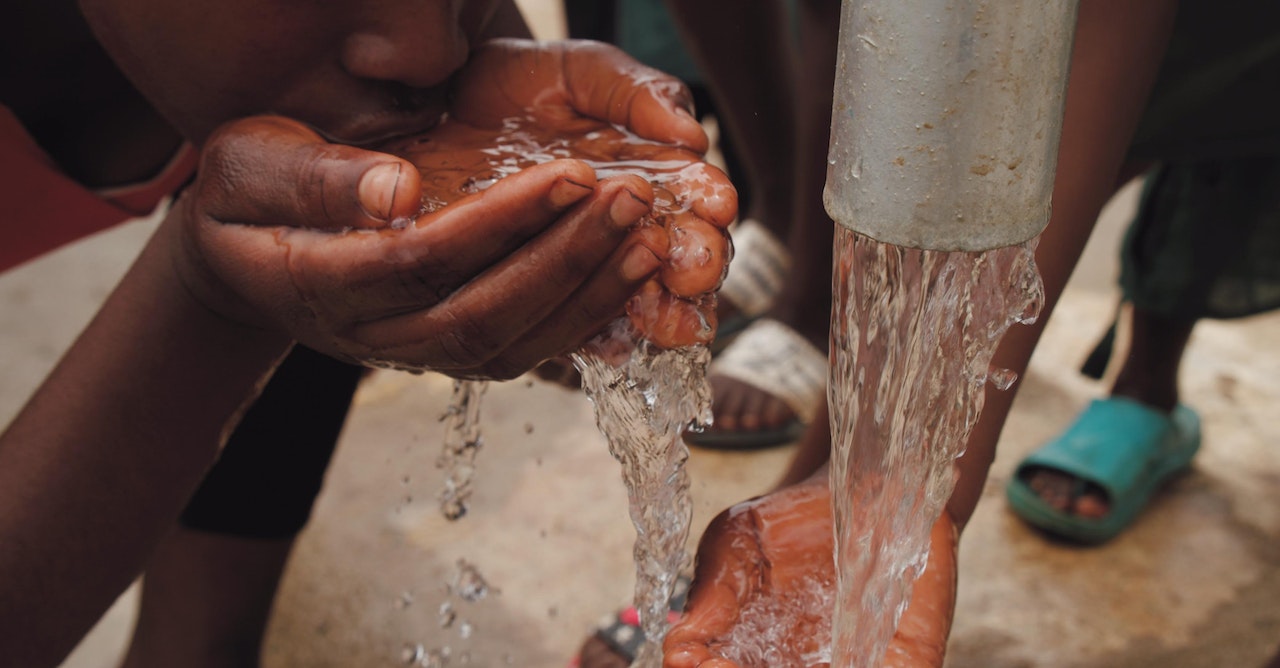
Water as a Human Right
Access to clean and safe drinking water is a fundamental human right, crucial for individual and community well-being. Every individual deserves unobstructed access to clean and safe drinking water, as it forms the bedrock of both individual and community well-being. Beyond its health implications, ensuring water access upholds dignity and equity. In our advanced world, it's vital that no one lacks this life-sustaining necessity.
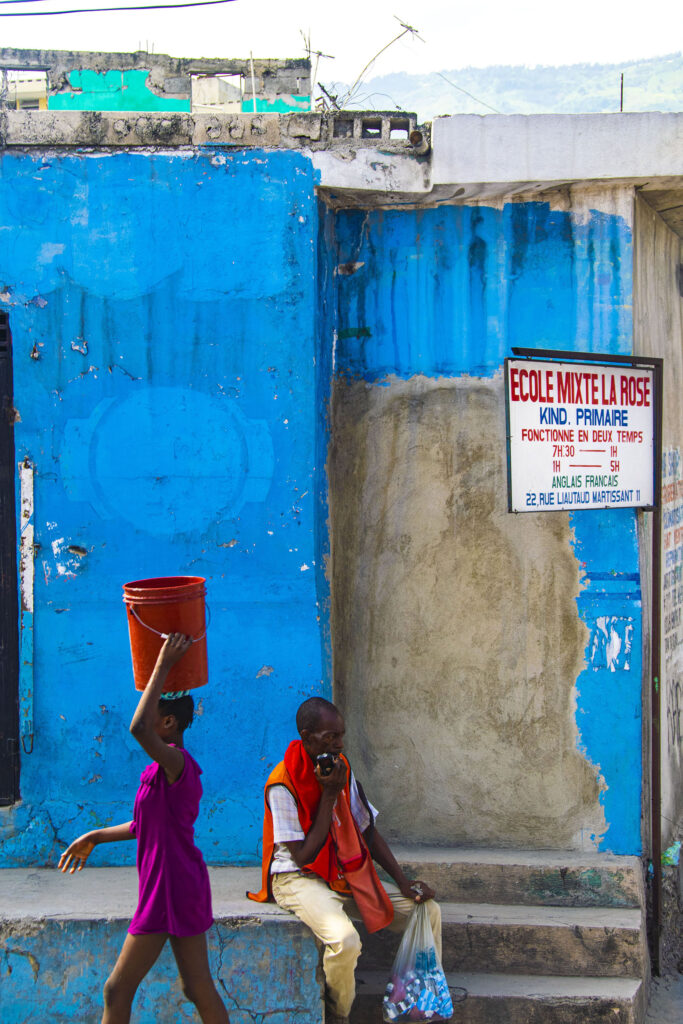
A Need for Wells
Wells have emerged as a beacon of hope in this challenging landscape. These wells provide a consistent and reliable source of clean water, particularly in rural areas where open sources often contain contaminants. The establishment of wells can significantly reduce the burden of water insecurity and improve the overall quality of life for communities.
Wells represent more than just a source of water; they embody a symbol of hope, transformation, and resilience in Haiti's landscape. In regions where clean water seems like a distant dream, the introduction of a well can radically shift the community's trajectory.
Beyond quenching thirst, wells mitigate the risk of waterborne diseases, reduce the daily toil of fetching water from distant or contaminated sources, and lay the foundation for enhanced agricultural and economic activities. In essence, a single well has the power to uplift an entire community, ushering in improved health, increased productivity, and a renewed sense of security and optimism.
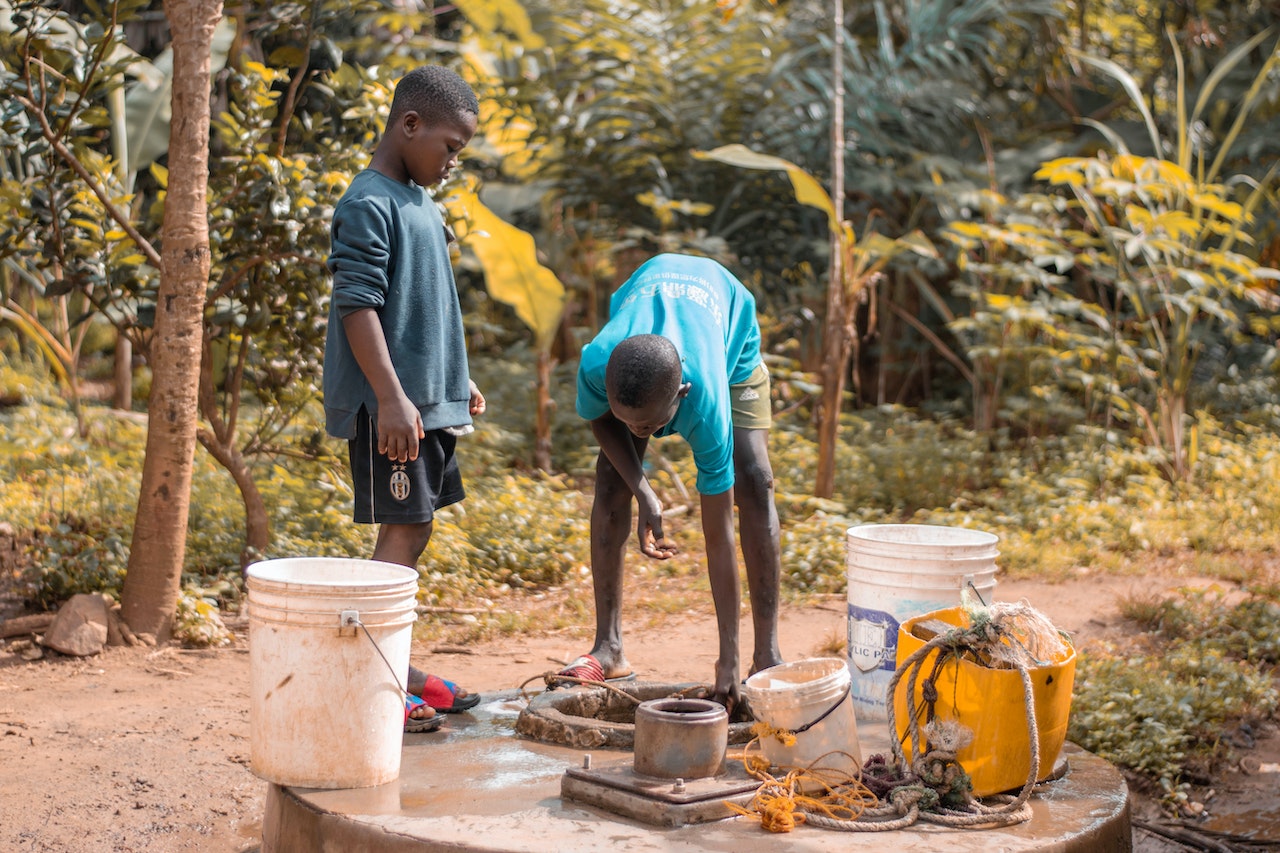
Wells revitalize physical and mental health, and stand as pillars of hope."
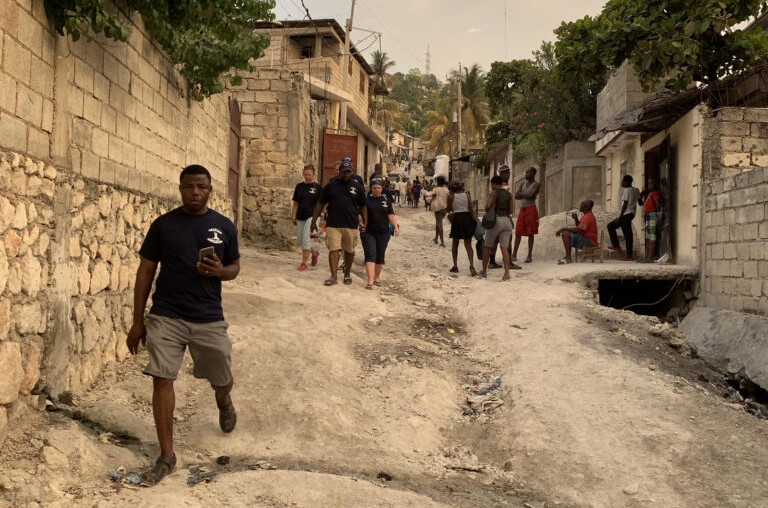
Our Mission in Haiti is to consult local communities, identify ideal locations for wells, and oversee their development.
We hold a strong belief that every individual, regardless of where they live, should have the opportunity to access this vital resource, paving the way for a healthier and more promising future. Your support can help us give the gift of clean, safe water to Haitian communities, providing them not only sustenance but also hope for a better tomorrow.
